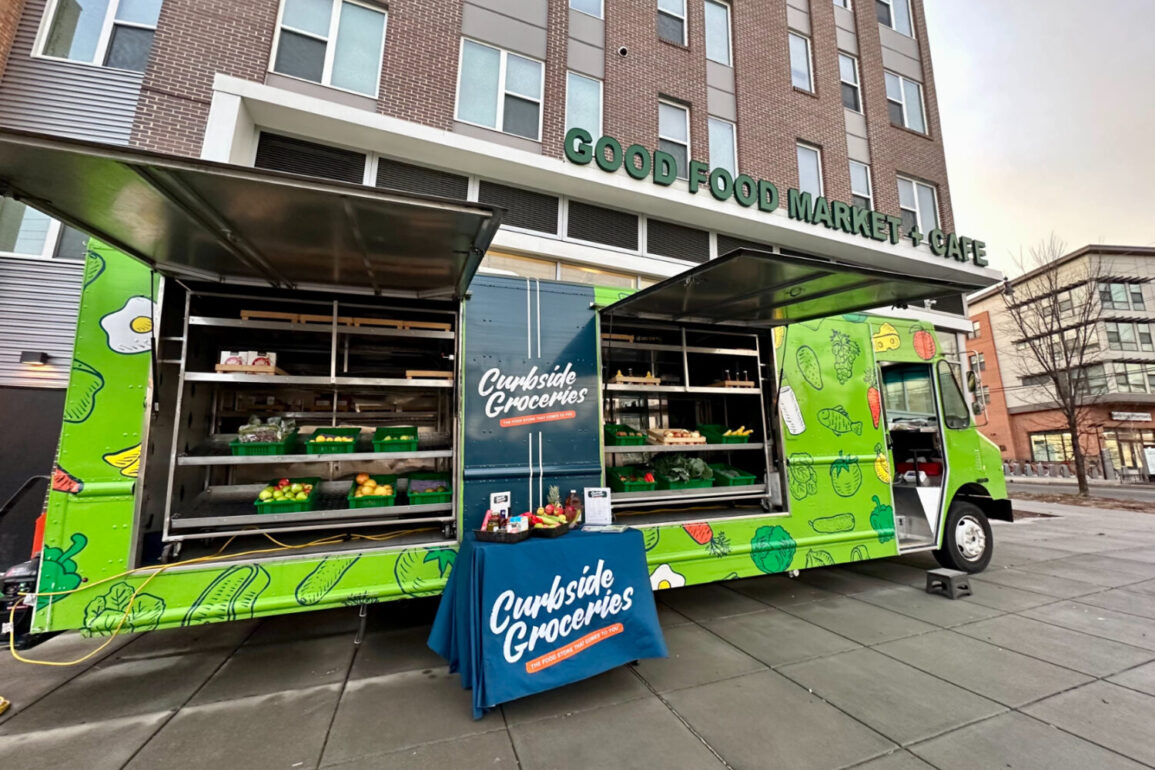Introduction
In an era where convenience and inclusivity are paramount, the fusion of Electronic Benefit Transfer (EBT) with food truck delivery services is reshaping the landscape of culinary experiences. EBT, traditionally associated with government assistance programs like SNAP (Supplemental Nutrition Assistance Program), has evolved beyond its original purpose, becoming a catalyst for accessibility in the food industry. This article explores the transformative journey of EBT food truck delivery services, examining the benefits, challenges, and the overarching impact on communities.
Table of Contents
ToggleThe Rise of Food Truck Delivery: Food trucks have become synonymous with culinary diversity and on-the-go gastronomic experiences. However, the integration of EBT into food truck delivery services takes this concept a step further, addressing the accessibility challenges faced by individuals and families relying on government assistance for their nutritional needs.
Benefits of EBT Food Truck Delivery:
Inclusivity and Accessibility:
EBT services redefine inclusivity in the culinary world. By accepting EBT cards, these mobile kitchens become accessible to a broader audience, ensuring that individuals from all walks of life, regardless of their economic status, can enjoy diverse and high-quality meals.
Convenience for Vulnerable Communities:
Vulnerable communities, such as the elderly or those with mobility challenges, benefit significantly from the convenience of EBT food truck delivery. This service eliminates the need for physical travel, allowing individuals to receive nutritious meals at their doorstep.
Encouraging Healthy Eating Habits:
EBT food truck delivery services have the potential to prioritize and offer nutritious meal options. This not only contributes to the promotion of healthy eating habits but also addresses the misconception that affordable and healthy options are mutually exclusive.
Supporting Local Businesses:
The integration of EBT payments into food truck deliveries is a win-win scenario. Food trucks attract a broader customer base, supporting local businesses, while EBT users gain access to a wider range of culinary experiences. This synergy contributes to the economic growth of local communities.
Flexibility and Adaptability:
Food trucks are known for their adaptability, constantly evolving to meet changing consumer needs. By embracing EBT payments, food truck delivery services demonstrate their commitment to staying current with technological trends, showcasing a flexibility that resonates with a diverse customer base.
Challenges and Solutions: While the integration of EBT into food truck delivery services presents numerous benefits, it is not without its challenges. Technological barriers and regulatory considerations may pose obstacles, but these can be addressed through strategic partnerships with payment processing companies specializing in EBT transactions and collaboration with local authorities to ensure compliance.
Technological Barriers:
To overcome technological barriers, food truck operators can collaborate with EBT payment processors that specialize in secure and efficient transactions. This partnership ensures a seamless experience for both food truck operators and customers using EBT cards.
Regulatory Considerations:
Adhering to local regulations and compliance standards is crucial. Food truck operators should work closely with local authorities to navigate regulatory considerations associated with EBT payments. This collaboration ensures that the integration is not only beneficial but also legally sound.
Community Impact:
The impact of EBT services extends beyond individual transactions, reaching the core of community dynamics. These services foster a sense of community engagement, as food truck gatherings become inclusive spaces where people from all walks of life can come together to share a meal.
Moreover, EBT contribute to breaking down social barriers. By making diverse culinary experiences accessible to everyone, regardless of their financial circumstances, these services promote a more inclusive and interconnected community spirit.
Conclusion: The integration of EBT into food truck delivery services represents a transformative step towards a more inclusive, convenient, and diverse culinary landscape. From fostering healthy eating habits to supporting local businesses, the benefits of this integration are vast and impactful. While challenges exist, proactive solutions and collaborations can ensure the seamless implementation of EBT payments in food truck deliveries.








